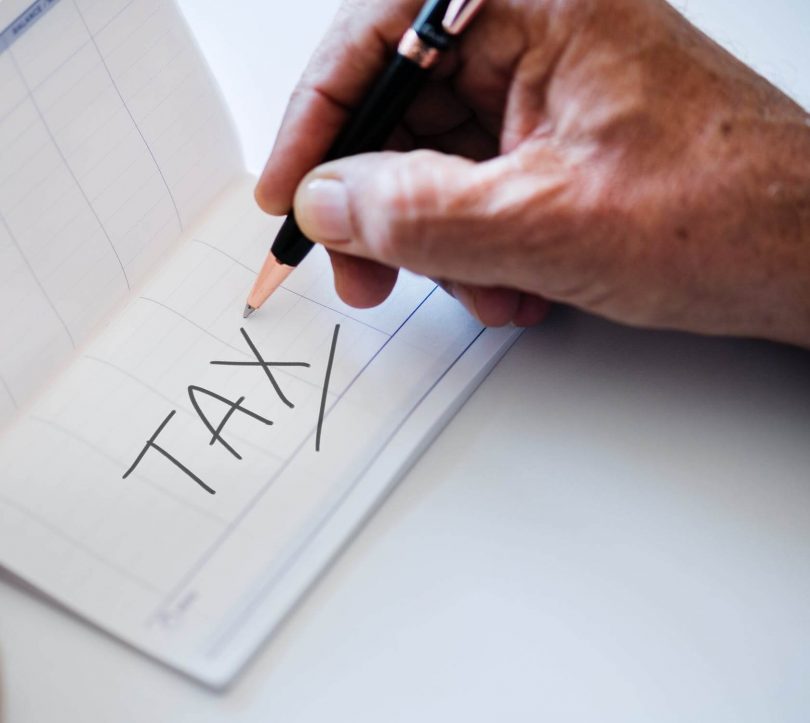Contents
FBT is short for Fringe Benefit Tax. It is a tax paid by employers for certain benefits they provide to their employees. This may include also extend to include the employees’ family and other associates. In this article learn all about the different kind of benefits that are available and what you need to know about them.
Know your Fringe Benefits
The FBT rate is at the highest margin rate, which for 2017 was 49% and in 2018 is 47%, a type of tax which employers usually try to avoid.
So what are some of the common types of fringe benefits?
The common types of fringe benefits are:
- car fringe benefits
- car parking fringe benefits
- entertainment fringe benefits
- expense payment fringe benefits
- loan fringe benefits
- debt waiver fringe benefits
- housing fringe benefits
- board fringe benefits
- living-away-from-home allowance fringe benefits
Once you are caught up with all the fringe benefits and your business is liable for FBT, you will have to register for FBT with the Australian Taxation Office (ATO). The normal FBT year starts on the 1st of April til the 31st of March of the following year. The due date to lodge your return is 21st May of the FBT year ending 31 March.
Small Business Exemptions
As we know the fringe benefit is expensive for small business’ so the question is- are there any exemptions for FBT? The answer is positive. Some of the common exemptions include:
- work-related items
- minor benefits
- taxi travel
- small business car parking.
Employee Benefit Exemptions
There are numbers of work-related employee benefits are exempted from FBT. These include things such as:
- portable electronic device (including mobile phone, laptop, GPS, etc)
- computer software
- protective clothing
- briefcase
- tools of trade
The premise for these exemptions is that the item/s are mainly used for work purposes and limited to one per FBT year and serve a substantially identical function unless it is a replaced item. However, the exemption also extends to small business’ from 1 April 2016 who provide more than one portable electronic device, even though they are identical in functionality.
Minor Benefit
In regards to the minor benefit, the exemption is limited to a benefit less than $300, and it is unreasonable to be treated as a fringe benefit, meaning it’s irregular and overall value is not significant. For taxi travel expenses, the trip has to be at least one way which starts from or ends to your workplace or relates to employee sickness or injury. The small business car parking exemption only applies to parking in a non-commercial location and business turnover less than $10 million.
There are some tips employers can resort to when trying to avoid the FBT or when trying to help and reduce it. For example, FBT can be reduced to nil if a company entertainment party, such as Christmas party or Melbourne cup party, is held on the business premises. Alternatively, you can try to keep the per head cost under the minor benefits exemption threshold. FBT can also be reduced by employee’s contribution.
As the lodging period is fast approaching, if you are not sure whether the benefit you have provided to your employees including the director is a fringe benefit and you are liable for FBT, please feel free to contact Robert Liu at Pitt Martin Accountants & Tax Advisers.







